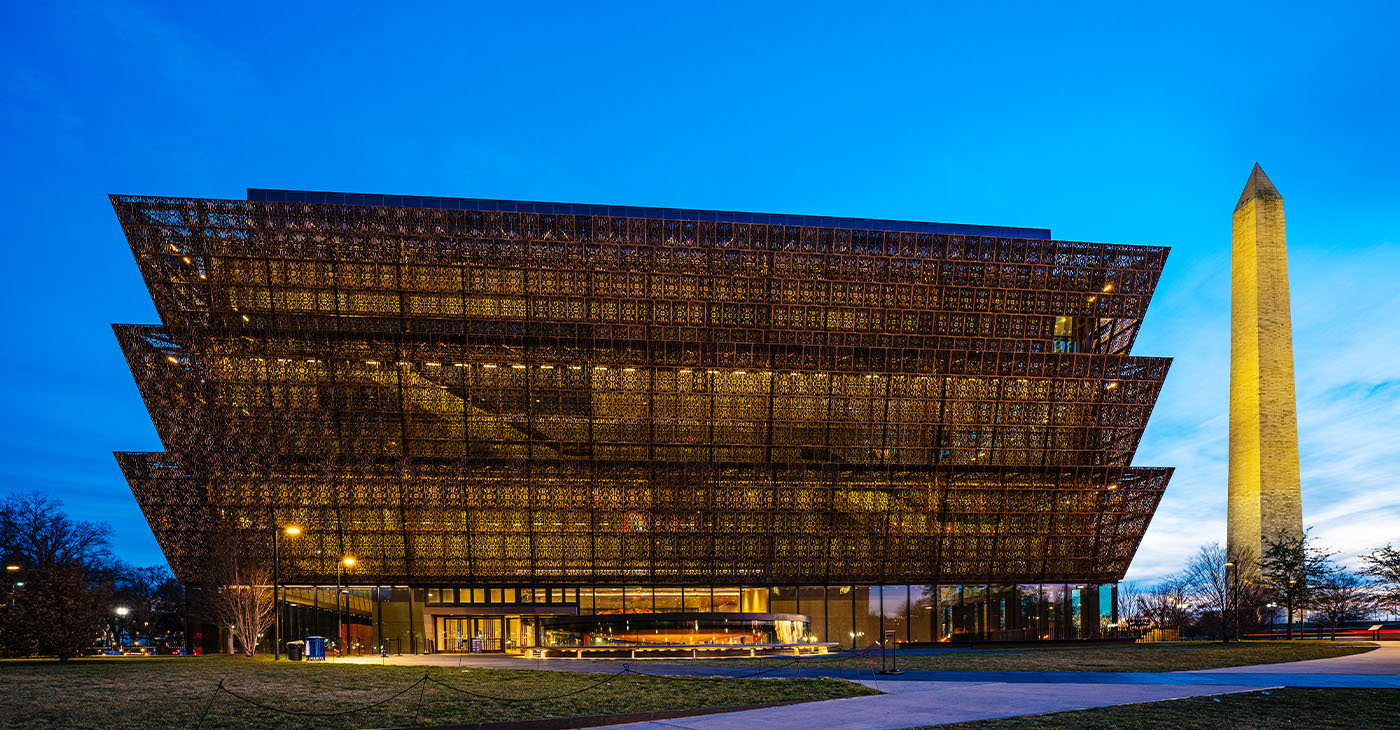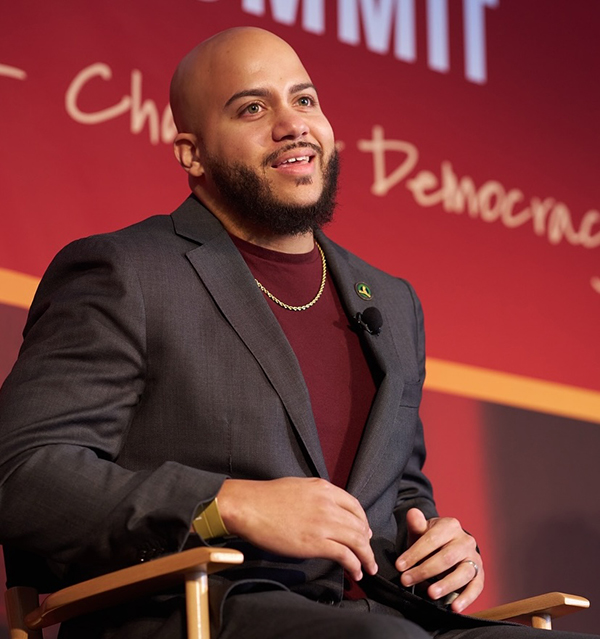Bipartisan California reparations bill advances to compensate victims of racial eminent domain

SACRAMENTO — Assemblywoman Tina McKinnor, D-Inglewood, has won bipartisan support for her bill aimed at helping victims of racially motivated eminent domain — and their descendants — recover lost property.
On July 15, the Senate Judiciary Committee approved Assembly Bill 62 with a unanimous 13-0 vote.
The bill now heads to the Senate Standing Committee on Appropriations, where it is scheduled for a hearing Aug. 18 at the State Capitol Swing Space Annex in Sacramento.
“AB 62 responds to these harms by authorizing local and state agencies to evaluate past eminent domain takings, and where inappropriate or unjustified takings are identified,” McKinnor told members of the Judiciary Committee during the hearing. “This bill is about righting historical wrongs and creating a process to address and repair the damage still felt today.”
McKinnor, a member of the California Legislative Black Caucus, noted that AB 62 was drafted “in the spirit of Senate Bill 796,” a measure authored by former state Sen. Steven Bradford, who represented a district that includes Inglewood and Gardena.
Gov. Gavin Newsom signed SB 796 into law in September 2021.
That bill played a key role in returning Bruce’s Beach — a property in Manhattan Beach — to the descendants of Willa and Charles Bruce, the Black couple who owned the seaside resort before it was taken through eminent domain in 1924.
According to the bill’s language, AB 62 establishes a process for reviewing claims of racially motivated eminent domain via a designated agency’s Office of Legal Affairs. The legislation defines such takings as property seizures for public use without just compensation, motivated by the owner’s race or ethnicity.
If a claim is confirmed, the office would certify the claimant’s right to the original property (if still held by a public entity), a comparable public asset or monetary compensation.
The only two Republican members of the Senate Judiciary Committee — Sen. Roger Niello, R-Roseville, and Sen. Suzette Martinez-Valladares, R-Acton, — joined Democrats in supporting the bill.
Niello, the ranking Republican on the Judiciary Committee, says he supported AB 62 because it doesn’t place the full burden of compensating victims on the state. It also holds local jurisdictions — where the wrongful eminent domain occurred — accountable.
In the Assembly, Republican lawmakers cast the only no votes against AB 62 when it was approved by a 57-4 margin. Those four holdouts were Alexandra Macedo, R-Tulare, Heather Hadwick, R-Alturas, Stan Ellis, R-Bakersfield, and Carl DaMaio, R-San Diego.
AB 62 is one of 16 bills in the California Legislative Black Caucus’ “Road to Repair” legislative package, which seeks to deliver justice and equity for marginalized communities, focusing on reparative action and future protections.
Several bills in the package have already cleared the first house and are moving through the Senate.
Sen. Akilah Weber Pierson, D-La Mesa, chair of the Legislative Black Caucus and a member of the Senate Judiciary Committee, voted in favor of AB 62.
Weber-Pierson said she was pleased that her colleague Niello found common ground to make a formal proposal to the committee to consider the vote and to reach a solution acceptable to both parties.
“We love bipartisan support on our priority bills,” Weber Pierson said, referring to Niello’s support for the bill. “It builds on the work that former Sen. Bradford had started.”
Antonio Ray Harvey is a reporter for California Black Media.





